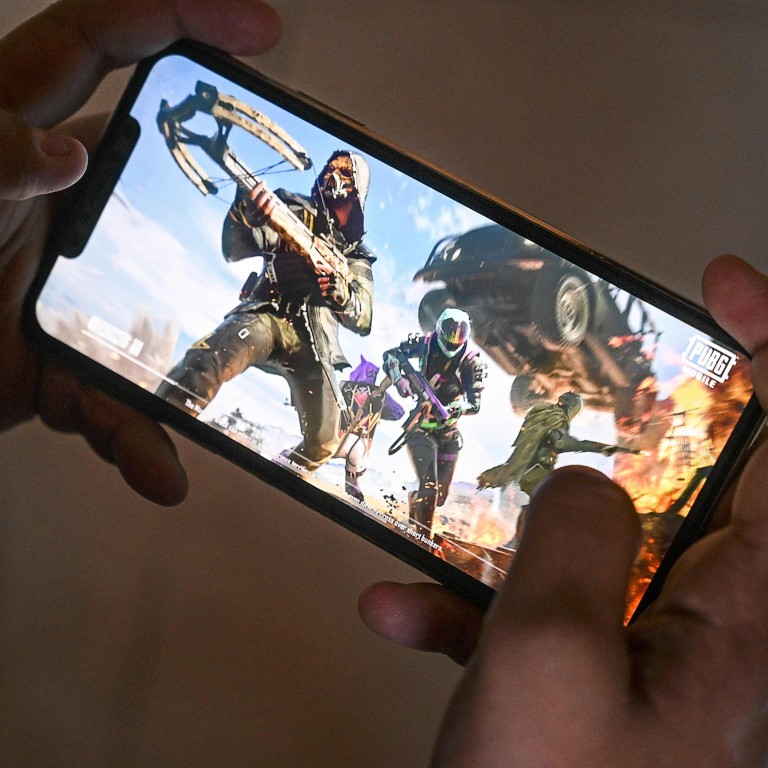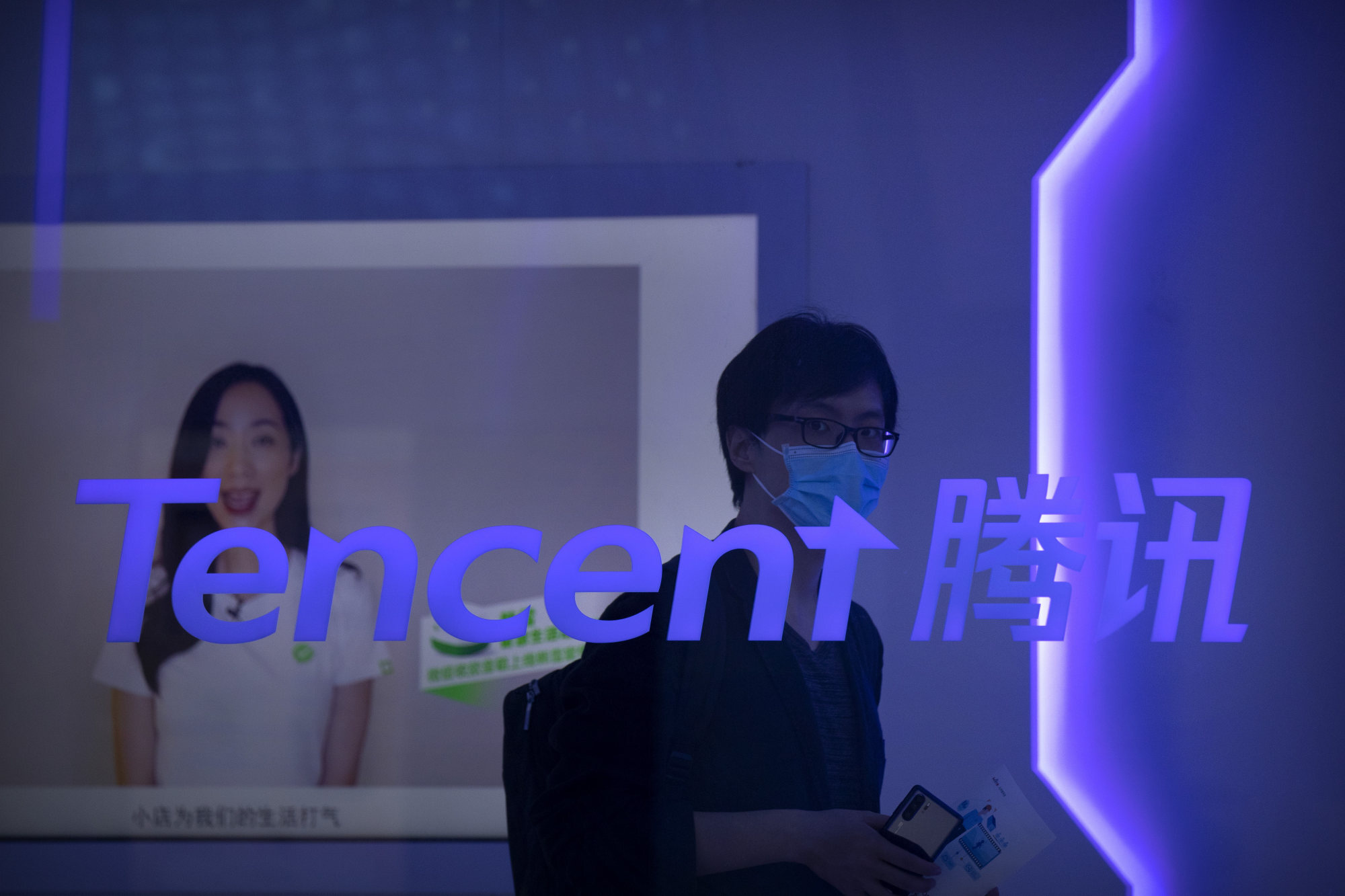
996 culture: Tencent-owned company offers employees a break, but with a catch
- A gaming studio under Tencent has introduced ‘Wednesday Health Day’, encouraging employees to go home at 6pm one day a week
- Chinese media and internet users have often attributed reports of premature deaths of young tech workers to punishing workloads
The move by Lightspeed & Quantum Studios, which also developed the patriotic Chinese title Game for Peace, has been criticised on social media because it hardly makes a dent in China’s tech industry culture of working 9am to 9pm, six days a week.
A screenshot of the new announcement appeared on the Twitter-like social platform Weibo on Friday, informing employees at the Tencent Games subsidiary of a new policy called “Wednesday Health Day”.
Employees were invited to clock off at 6pm on Wednesdays only. Overtime work during the rest of the week was still allowed, but only up to 9pm.
Under the change, workers were guaranteed weekends off. If they are required to work Saturdays or Sundays to finish urgent projects, management needs to justify the request. The announcement also said employees are not allowed to work overtime for two consecutive days.

Tencent’s Interactive Entertainment Group (IEG), which includes Tencent Games, confirmed to state media outlet The Paper on Friday that the gaming company introduced the measures to encourage its employees to seek a healthy work-life balance, spend more time with their families, and to improve work efficiency.
Tencent did not immediately respond to a request for comment from the South China Morning Post.
Exceptionally long working hours have become an unwritten rule at many high-profile tech companies in China. At TikTok operator ByteDance, employees have to work a six-day week every two weeks, while telecoms giant Huawei Technologies Co routinely asks staff for a six-day week every month in return for extra pay or compensation leave.
Lauded by tech bosses such as Jack Ma, founder of Post owner Alibaba Group Holding, the 996 schedule has seen resistance from tech workers for years, with the practice coming under the spotlight again after the death of two employees at social commerce giant Pinduoduo in January.
The Wednesday working hours adopted by Lightspeed & Quantum Studios garnered heated discussion online.
“The leaders like to show off while the workers are forced to work overtime,” said one comment on Weibo.
Other commenters noted that working conditions once considered a regular part of labour laws are now being presented as “perks”.
Chinese media and internet users have often attributed reports of premature deaths of young tech workers to punishing workloads. Although China’s labour law bars employees from working more than eight hours a day and 44 hours a week, and overtime is capped at 36 hours a month, big tech companies have yet to face repercussions for the overtime worked by employees.
In 2019, a survey by online recruitment platform Zhilian Zhaopin found that more than 70 per cent of 10,000 respondents said they had gone unpaid for overtime work.
Tech firms, however, are still popular among young Chinese employees as salaries are generally higher than those in the manufacturing and services sectors, according to experts.
Some employees have found ways to cope with 996. A practice called “touching fish” has gained popularity, with workers saying they hide in toilets and watch videos for hours, or secretly read novels on their work desktops to avoid work.
The term is borrowed from a Chinese proverb “to fish in troubled waters”, which means one should take advantage of a crisis to chase personal gain.
A growing number of China’s Generation Z have also been vocal online about embracing a “laying flat” attitude about work and life, as they throw in the towel in the face of tough competition and opt for a simple, frugal and lonely life.

